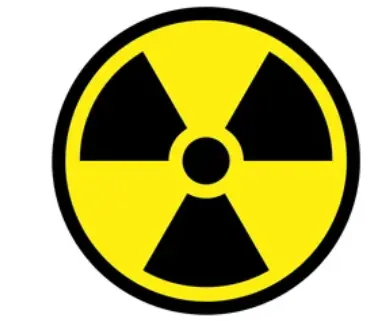 Welcome
Welcome
“May all be happy, may all be healed, may all be at peace and may no one ever suffer."
Heart disease - Generics
Heart disease, also known as cardiovascular disease, refers to a group of conditions that affect the heart and blood vessels. These conditions include coronary artery disease, heart failure, arrhythmias, and valve disorders, among others.
Coronary artery disease is the most common type of heart disease and occurs when the coronary arteries, which supply blood to the heart muscle, become narrowed or blocked by a buildup of plaque, leading to reduced blood flow to the heart. This can cause chest pain (angina), shortness of breath, and eventually a heart attack.
Heart failure occurs when the heart cannot pump enough blood to meet the body's needs, leading to symptoms such as shortness of breath, fatigue, and swelling in the legs and ankles.
Arrhythmias are abnormal heart rhythms that can cause the heart to beat too fast, too slow, or irregularly, leading to symptoms such as palpitations, dizziness, and fainting.
Valve disorders occur when the heart valves, which regulate blood flow through the heart, become damaged or diseased, leading to symptoms such as shortness of breath, chest pain, and fatigue.
Risk factors for heart disease include age, high blood pressure, high cholesterol, diabetes, smoking, family history, and an unhealthy diet and lifestyle. Lifestyle changes such as regular exercise, a healthy diet, not smoking, and managing stress can help prevent and manage heart disease. Treatment options for heart disease include medications, lifestyle changes, medical procedures such as angioplasty or heart surgery, and cardiac rehabilitation programs.

Radiation emergency

Steroid-responsive inflam...

Microcytic anemia

Vertigo and vestibular di...

Dilatation of pupil

Gluten enteropathy or spr...

Pulmonary thromboembolism

VTB
Heart disease, হৃদরোগ
To be happy, beautiful, healthy, wealthy, hale and long-lived stay with DM3S.